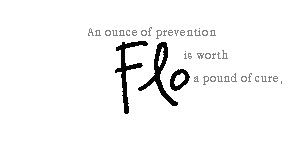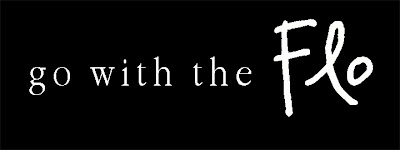Before we begin, I have a little quiz for you.
___________________________ are the highest quality food protein. The pattern of the essential amino acids presented in this food is optimal for meeting body protein needs.
{Read further to find out!}
Most people get enough protein in their diet through food without drinking protein shakes, buying expensive protein supplements, or consuming a high protein diet. For the average person, approximately only 10%-20% of calories should come from protein. I'm totally serious, you don't need as much as you would think.
But...if you’re an endurance athlete or weight training to build muscle – you may need more protein than a sedentary person or casual exerciser. The amino acids in protein are the building blocks the body needs for muscle development – and even if you work hard you won’t get the results you want if you’re protein deprived.
Proteins are needed for:
-growth and Maintenance (tissue turnover, maintenance, replacement, and deposition)
-energy (4 calories/gram)
Proteins are needed to:
-make all enzymes
-make antibody production (immunity)
-regulate fluid and electrolyte balance
-regulate acid base balance
-make hormones like insulin
-transport nutrients in the blood and lymphatic systems.
But, how much protein do YOU need?
I am getting enough protein just by eating 1 cup tuna, 4 ounces chicken breast, and 2 egg whites, and 1/2 cup Greek yogurt.
Try getting your protein from actual food sources, your body will absorb them better. In fact EGG WHITES are the highest quality food protein, so eat up! And be sure to increase your Vitamin B6 intake as well, as protein increases the demand for B6.
Keep in mind that more protein isn’t necessarily better. Studies show that getting more protein than what is recommended through diet or supplements doesn’t lead to greater muscle development. In fact, when the dietary intake of protein exceeds 200% of the RDA, it is considered a high protein diet, and is not healthy if protein is in excess of body utilization. Risks from over consumption of protein involve dehydration, Calcium and Zinc loss, as well as liver and spleen enlargement. Chronic protein overload accelerates kidney damage. Drinking high protein shakes and munching on protein bars all day isn’t going to help you build muscle any faster. It’ll only add extra calories and damage your organs.
What's the bottom line? For building muscle, you DO need more protein – but not as much as you would think. It’s easy to calculate exactly how much you need. If you’re older, pregnant, or have an underlying illness, you may need a little more than the formula suggests – but it’s a good rule of thumb.
If this information helps you, feel free to "Like" me!
If this information helps you, feel free to "Like" me!
(Reference: My Nutrition 101 textbook)



No comments:
Post a Comment